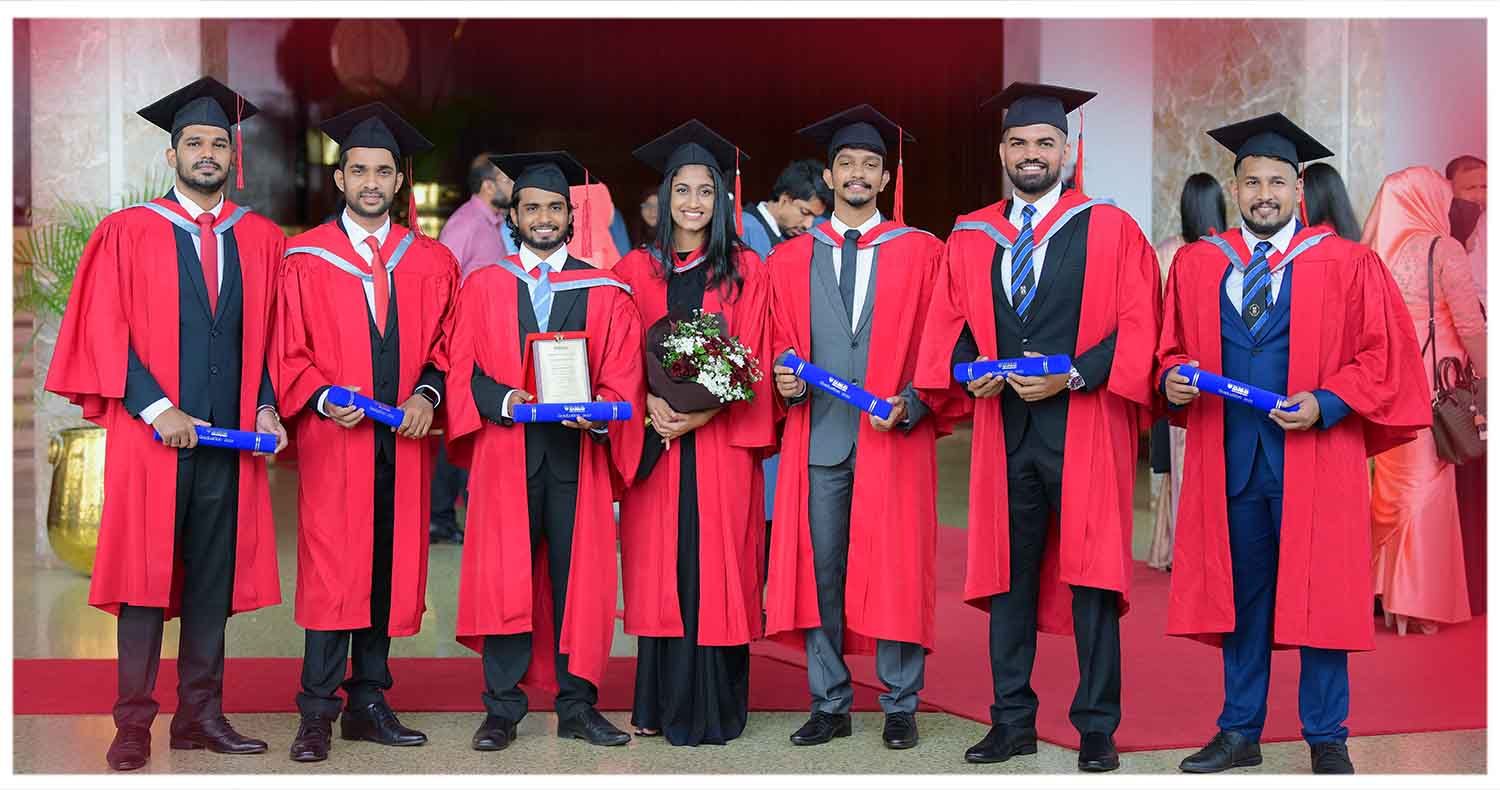Course Details
- Duration: 12 months
- Awarding body : Teesside University,UK
- Academic Year: 2025 - 2026
- Lectures: Saturday 2PM - 6PM
Teesside University Business School has a rich and deeply embedded culture of innovation and enterprise where academic theory is explored through real-world examples within a supportive but challenging learning environment. The MBA develops leaders with the skills, knowledge and mindset to make a real, practical difference to people's lives and success of the businesses and economies.



